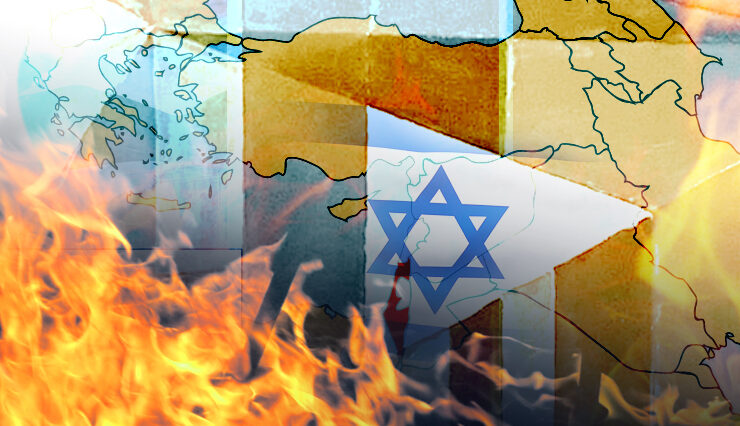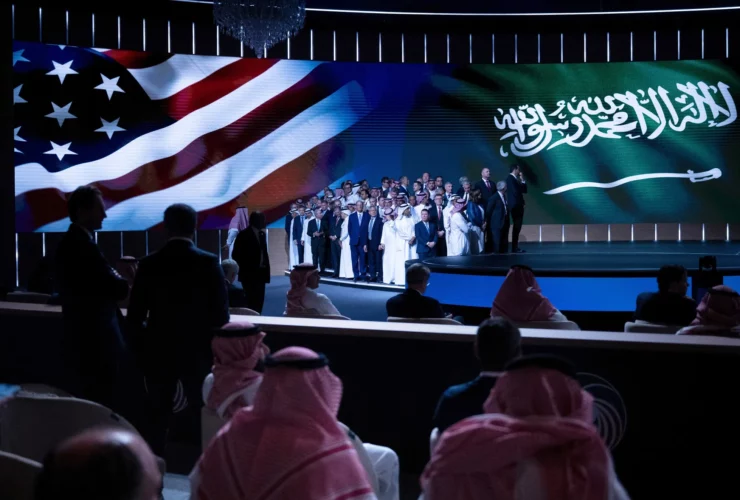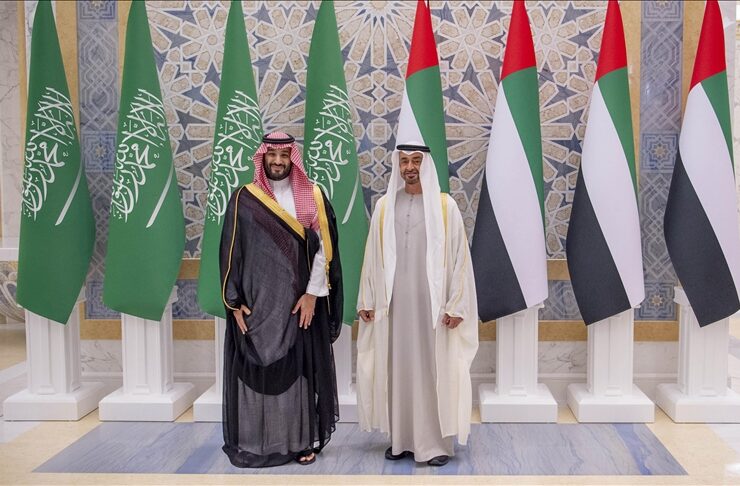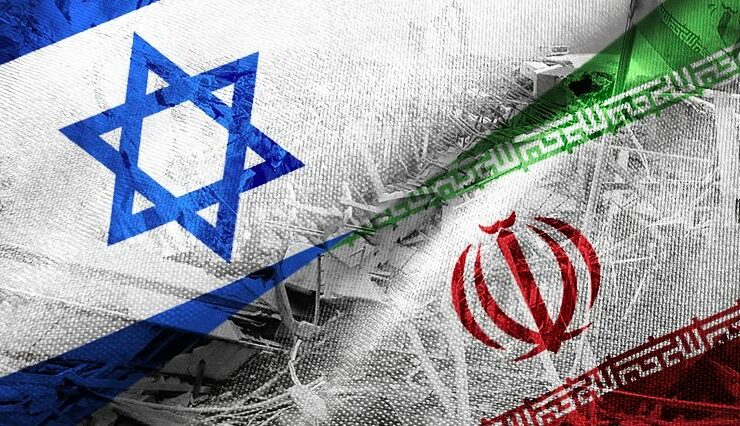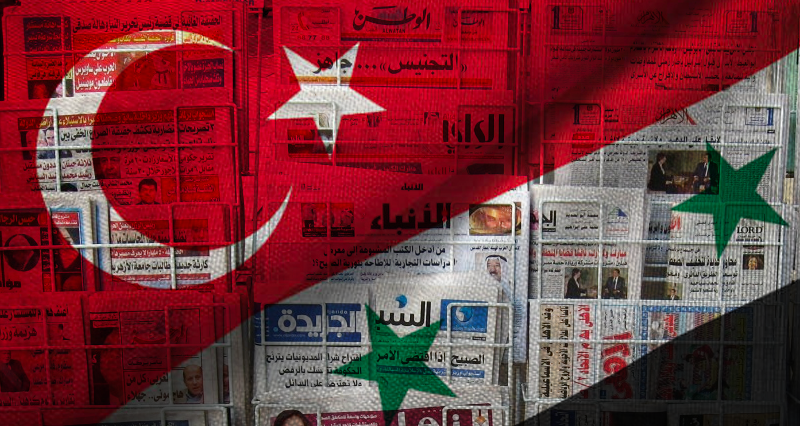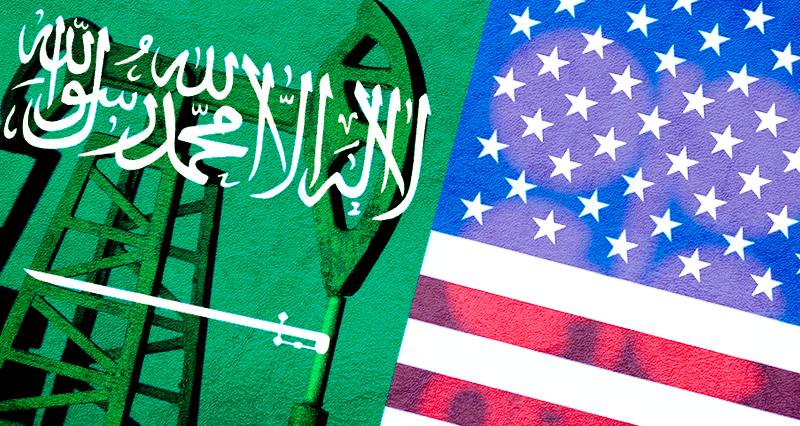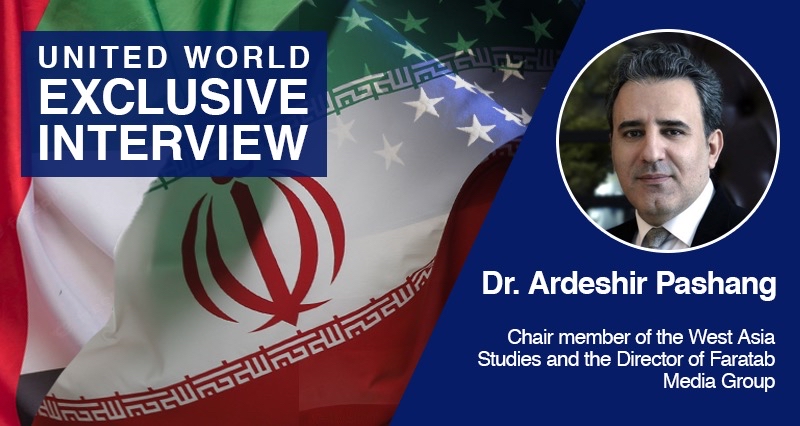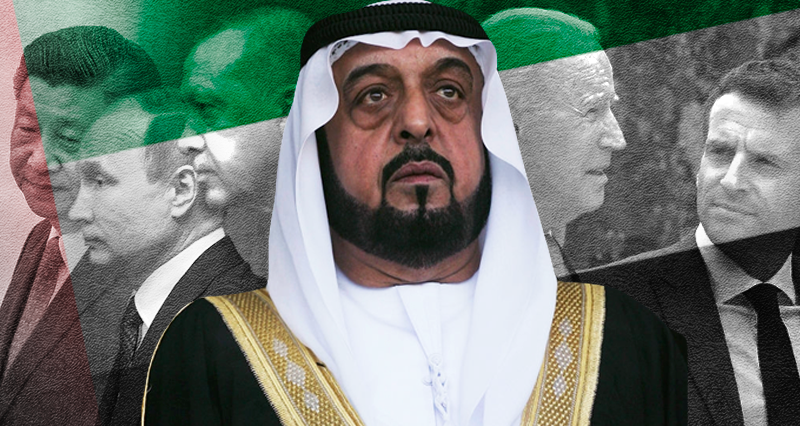Regional dimension and reactions. By Adem Kılıç, Political Sciencist / Writer Israel’s frequently repeated rhetoric of a ‘New Middle East’ in recent years is not merely a rhetorical claim, but also a reflection of a long-term vision with a deep strategic background. This rhetoric has become even more pronounced during Netanyahu’s terms as prime minister and now forms the basic ...
Deals, Delusions, and a Shifting Regional Chessboard By Islam Farag, from Cairo / Egypt It can be argued that U.S. President Donald Trump’s first international tour, early in his presidency, to the three Gulf states—Saudi Arabia, Qatar, and the UAE—was merely a faithful reflection of his personal convictions, which viewed global affairs solely through the lens of deals. This perspective ...
The end of Assad rule in Syria may just be the opening for a new chapter in Syria’s history, which has always been a target of conflict between empires. By Islam Farag, Caro / Egypt In ancient history, the Levant was an important strategic location that empires fought over for thousands of years. None of them was able to decide ...
On the two countries’ very differing approaches. By Islam Farag, Cairo / Egypt Last week, the 16th BRICS Summit was held in Kazan, Russia, with the participation of five new members: Saudi Arabia, the UAE, Egypt, Iran, and Ethiopia. Among the five new members, there are two Gulf states, but their approaches to the organization are different. The leaders of ...
A closer look at Saudi Arabia, Qatar, Kuwait, the UAE and Bahrain reveals contradicting interests. By Islam Farag, Cairo / Egypt It was noteworthy that Iranian President Masoud Pezeshkian took advantage of his visit to Qatar last week, which followed a missile attack launched by Tehran against Israel, to threaten a harsher response if Tel Aviv tried to respond to ...
It seems that difficult mediation roles are becoming attractive to the Gulf countries. Two months ago, Qatar succeeded in resolving the stalemate in relations between Türkiye and Egypt by arranging the impossible handshake between President Recep Tayyip Erdogan and his counterpart Abdel Fattah El-Sisi prior to the opening of the World Cup finals held on its soil. This constituted a ...
Apparently, Arab Gulf states have come to the conclusion that their main alliance with the United States no longer serves their economic and security interests. The Arab stance in general, and the Gulf in particular, regarding the condemnation of the Russian war on Ukraine was indecisive. It did not appear in statements issued by the Gulf capitals only, but was ...
By Golnar Hakimi / Tehran Iranian Middle East expert, Dr. Ardeshir Pashang, who is also a chair member of the West Asia Studies and the Director of Faratab Media Group, has evaluated the UAE-Iran relations and the American decision to sanction the UAE over its recent relations with Iran, in an interview with United World International. Recently, there have been ...
In recent weeks, the Middle East region has witnessed a number of meetings and summits that have raised eyebrows and questions, against the background of their multiplicity, diversity and the nature of their parties. Meetings and speculations In Sharm El-Sheikh, Egyptian President Abdel Fattah El-Sisi met Israeli Prime Minister Naftali Bennett and Abu Dhabi Crown Prince, Sheikh Mohamed bin Zayed ...
The sudden shifts in the UAE’s foreign policy over the past few months may seem confusing to those trying to understand its goals. However, with a little scrutiny, it becomes clear that Abu Dhabi, throughout its history, has developed its policies to achieve its interests in accordance with regional and international realities. In the aftermath of the September 11 attacks, ...
UAE-US: A crisis of mutual weakness On December 14, the United Arab Emirates suspended negotiations on a $23 billion deal to buy U.S. F-35 aircraft, combat drones and other military equipment. The proposal to sell 50 F-35 aircraft to the UAE came at the end of former President Donald Trump’s administration in response to the Emirates’ official recognition of Israel. ...
The Middle East is undergoing a new experience of regional diplomatic dynamism. Various meetings have taken place between the Arabic countries with Iran and Turkey. There have been significant negotiations between Iraqi and Syrian officials and other countries. All these regional movements seem to promise the beginning of a new chapter in Middle East regional relations which can lead to ...







